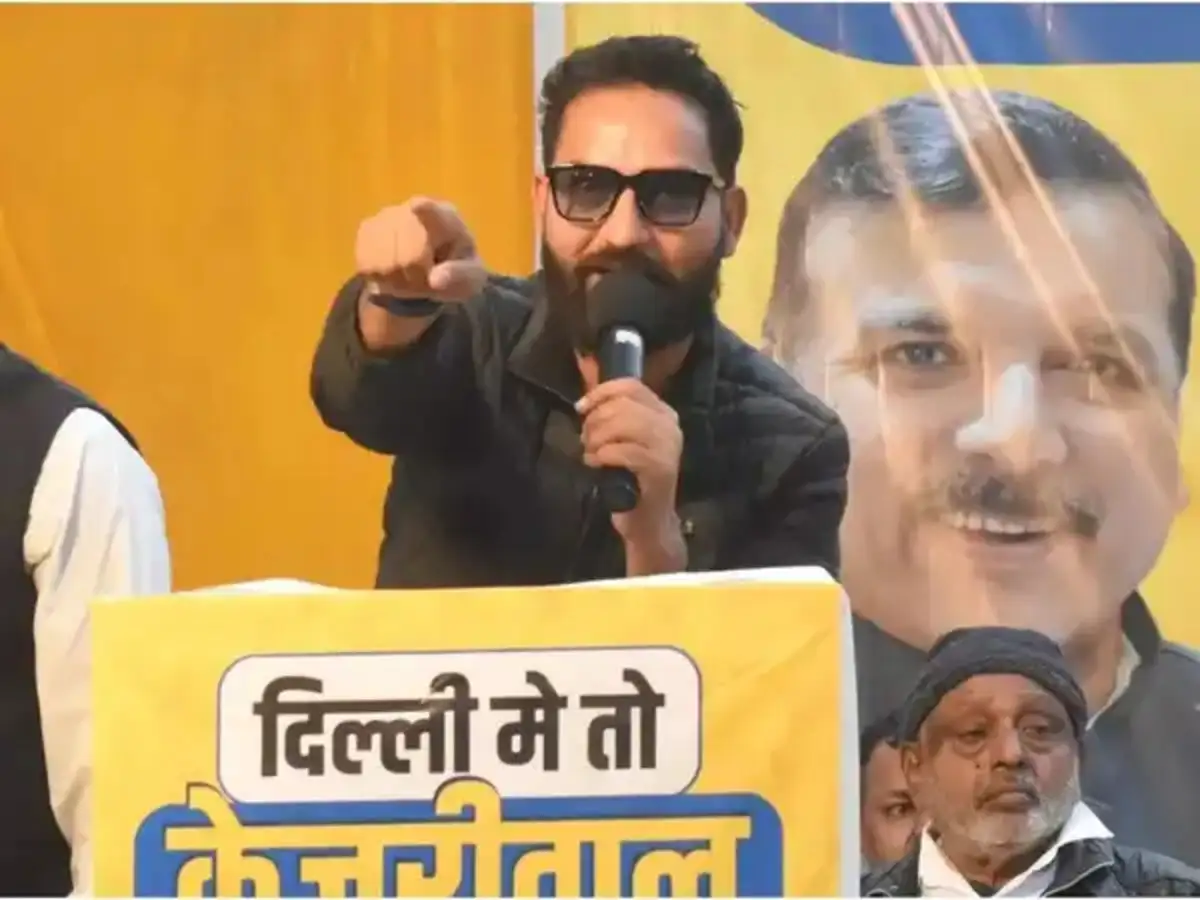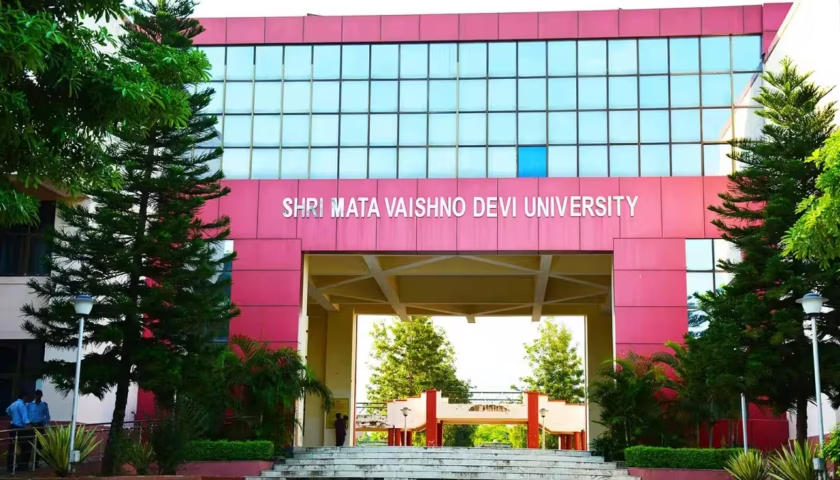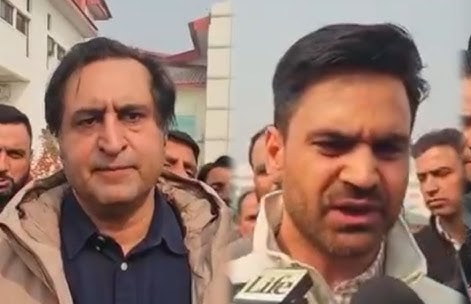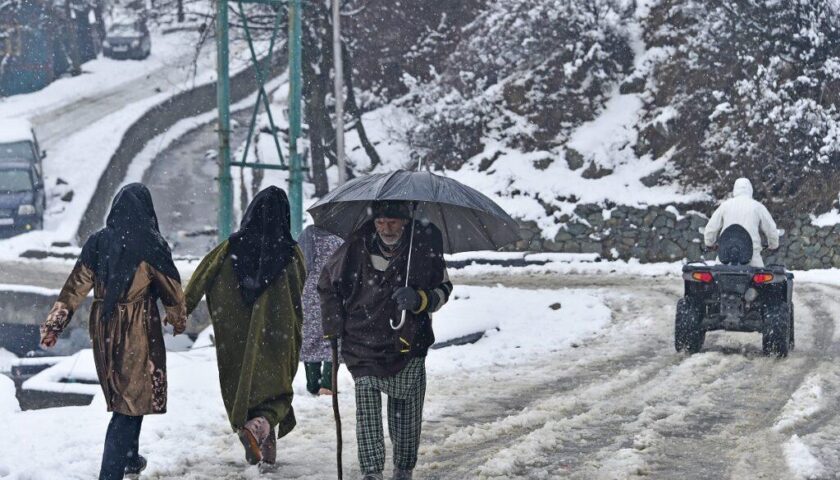AAP Comes To The Rescue Of Mehraj Malik Its Lone Jammu Kashmir Legislator
By: Javid Amin| 14 September 2025
A Political Storm in Jammu & Kashmir
The political landscape of Jammu & Kashmir (J&K) has once again been shaken by the controversial use of the Public Safety Act (PSA), a law that has often come under scrutiny from rights activists and political observers. This time, the storm surrounds Mehraj Malik, a sitting Member of Legislative Assembly (MLA) and president of the Jammu & Kashmir unit of the Aam Aadmi Party (AAP).
Malik’s arrest on September 8 in Doda district, under charges of “disturbing public order,” has not only triggered protests on the ground but also sparked a larger debate about democracy, dissent, and the limits of state power.
In a decisive move, AAP has announced the formation of a 10-member legal team to challenge Malik’s detention in court, setting the stage for a high-stakes legal and political confrontation.
This article explores the background, political implications, legal strategy, reactions, and possible outcomes of this unfolding case, while placing it within the larger context of Kashmir’s troubled history with preventive detention laws.
Who is Mehraj Malik? A Profile of AAP’s Lone MLA in J&K
From Grassroots Politics to Legislative Assembly
Mehraj Malik’s political journey is significant in more ways than one. Coming from the Chenab Valley region of J&K, Malik is known for his strong grassroots connect, vocal criticism of administrative lapses, and emphasis on youth empowerment, education, and development.
As one of the few AAP leaders to have broken through the dominance of regional parties like the National Conference (NC), People’s Democratic Party (PDP), and national players like the BJP and Congress, Malik represents a new political experiment in J&K.
A Symbol of AAP’s Expansion Strategy
AAP, under Arvind Kejriwal’s leadership, has often sought to position itself as a national alternative to traditional parties. Malik’s election in J&K was seen as a symbolic breakthrough, proving that AAP could tap into voter dissatisfaction in regions far beyond Delhi and Punjab.
The Controversial Arrest: PSA Invoked in Doda
What Triggered the Arrest?
On September 8, authorities detained Mehraj Malik under the Public Safety Act. Official reports claim he was disturbing public order in Doda, a district that has seen occasional communal tensions and political unrest.
However, AAP alleges that the PSA was invoked selectively, targeting Malik for his outspoken criticism of the administration and his rising influence in local politics.
Protests and Internet Shutdown
The arrest triggered widespread protests in Doda and surrounding areas. Demonstrators, including AAP supporters and local residents, demanded Malik’s release. Authorities quickly moved to impose Section 144 restrictions, banning gatherings, and suspended mobile internet and broadband services, a move that has become a common state response to unrest in Kashmir.
Understanding the Public Safety Act (PSA): A Controversial Law
What is the PSA?
The Public Safety Act, 1978, is a preventive detention law that allows authorities in J&K to detain individuals without trial for up to two years under certain categories.
Why is it Controversial?
The PSA has long been criticized for:
-
Vague definitions of threats to “public order.”
-
Lack of judicial oversight in early stages of detention.
-
Its use against political opponents, activists, and journalists.
Human rights organizations, including Amnesty International and Human Rights Watch, have called for its repeal, labeling it as a tool of repression.
AAP’s Countermove: The 10-Member Legal Team
Imran Hussain’s Announcement
Senior AAP leader and former Delhi minister Imran Hussain took to X (formerly Twitter) to announce the legal initiative. His message was clear: “AAP stands strong with our MLA Mehraj Malik, arrested under PSA.”
Who’s on the Team?
The legal panel is headed by Senior Advocate Nirmal K Kotwal, supported by experienced lawyers including Advocate Muzaffar Khan, Advocate Sheikh Shakeel Ahmad, Advocate Appu Singh, and others.
This diverse legal team reflects AAP’s determination to mount a serious constitutional challenge to Malik’s detention.
The Legal Battle Ahead: High Court and Beyond
Step 1: J&K High Court
AAP’s legal team will first seek to quash the detention order in the Jammu & Kashmir High Court. Historically, courts in J&K have struck down PSA detentions when procedural lapses or lack of evidence were proven.
Step 2: Supreme Court of India
If relief is denied at the High Court level, AAP is prepared to escalate the case to the Supreme Court, where it could become a nationally significant case on the limits of preventive detention.
What’s at Stake Legally?
-
Individual Liberty: Whether an elected MLA can be held without trial.
-
Political Freedom: Whether PSA can be invoked against critics of the government.
-
Rule of Law: The judiciary’s role in safeguarding constitutional rights.
Political Reactions: From Kejriwal to Local Voices
Arvind Kejriwal’s Statement
AAP’s National Convenor Arvind Kejriwal voiced strong support, saying:
“I have full hope that Mehraj Malik will get justice and he will come out soon.”
Kejriwal’s intervention signals that AAP views this not just as a local issue but as a national political flashpoint.
Local Protests and Solidarity
In Doda and parts of Chenab Valley, Malik’s arrest has sparked solidarity marches and sit-ins. Many locals argue that targeting an elected representative amounts to an attack on democracy itself.
Opposition Reactions
While mainstream parties like NC and PDP have not issued strong statements yet, political observers note that silence from regional parties could reflect their own uneasy relationship with the PSA, which has historically been used by successive governments.
The Bigger Picture: AAP’s Gamble in J&K
Testing Ground for National Politics
For AAP, defending Mehraj Malik is more than just protecting one MLA. It is about establishing credibility in J&K and sending a message across India that the party stands by its representatives, even in hostile political environments.
Expanding Beyond Delhi and Punjab
With governments in Delhi and Punjab, AAP has been eager to expand into states like Gujarat, Goa, and J&K. Success or failure in Malik’s case will likely shape AAP’s future strategy in conflict-prone regions.
Preventive Detention vs. Democracy: The Broader Debate
Malik’s case has reignited a larger national debate:
-
Can preventive detention laws coexist with democratic freedoms?
-
Should elected representatives enjoy greater safeguards?
-
Is the PSA being used as a political weapon?
Possible Outcomes: What Lies Ahead?
-
Court Strikes Down Detention:
Malik could be released, boosting AAP’s standing and setting a legal precedent. -
Court Upholds Detention:
This would be a setback for AAP, but could still fuel political sympathy for Malik. -
Escalation to Supreme Court:
If the matter reaches Delhi, it could draw national media attention, amplifying both political risks and opportunities.
Bottom-Line: A Defining Moment for AAP in J&K
The arrest of Mehraj Malik under PSA has opened up a political and legal battlefield in Jammu & Kashmir. For AAP, this is a defining moment: either it will emerge as a credible defender of democratic rights in the Valley, or risk being seen as a party unable to protect its own.
The coming weeks will reveal whether the law stands stronger than politics, or politics stronger than law.




